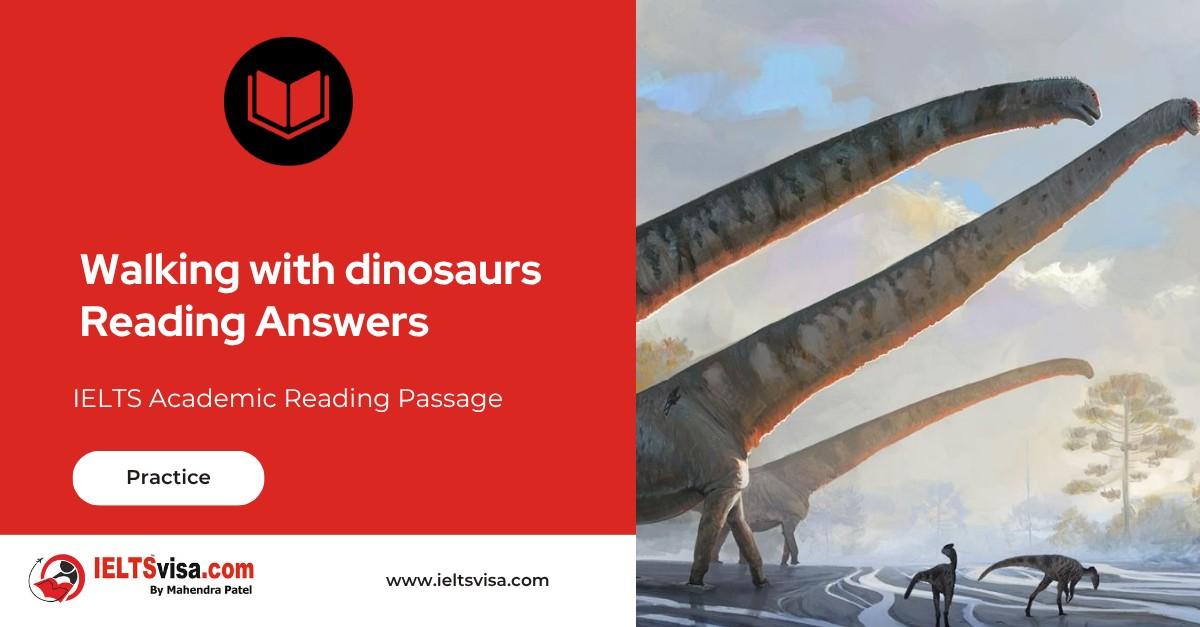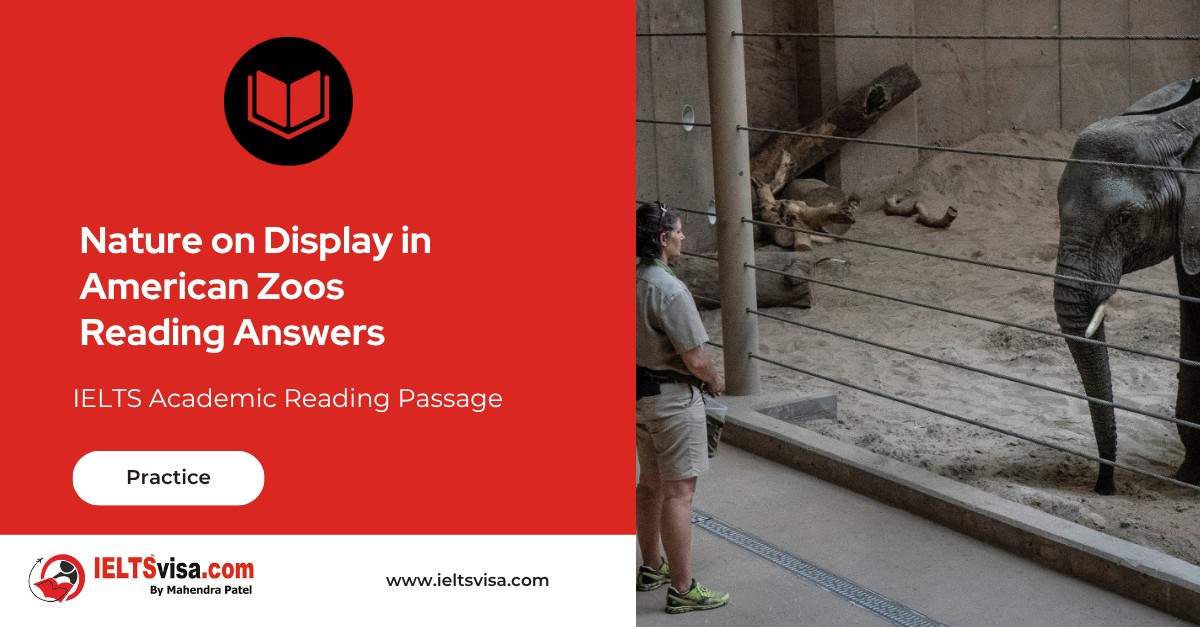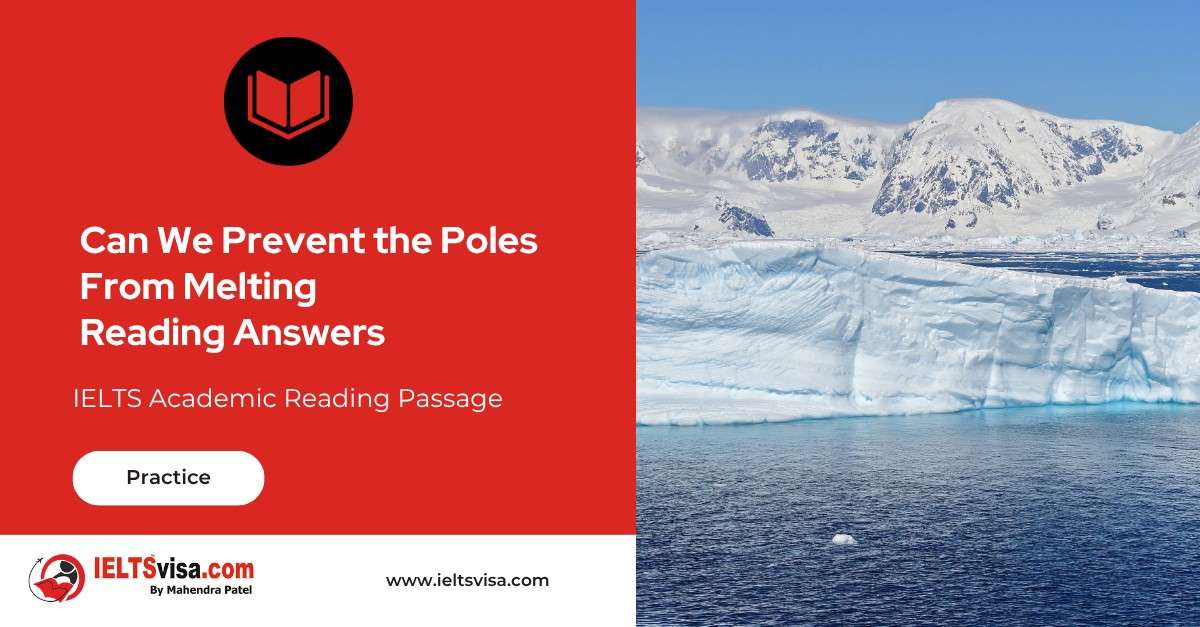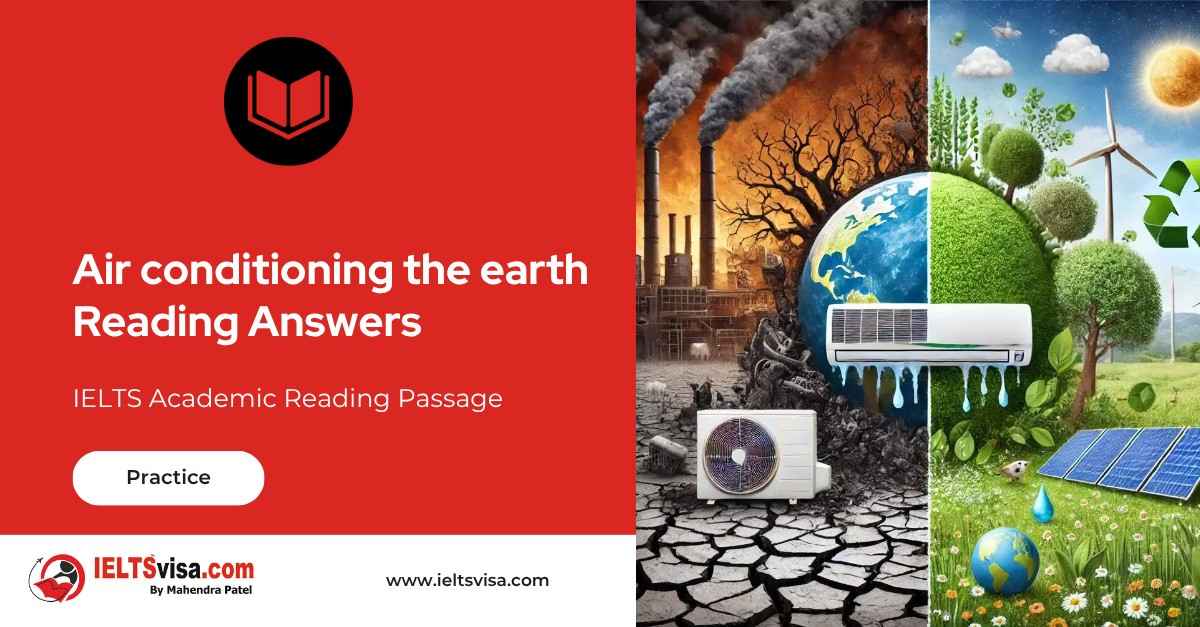Networking Reading Answers
IELTS Academic Reading Passage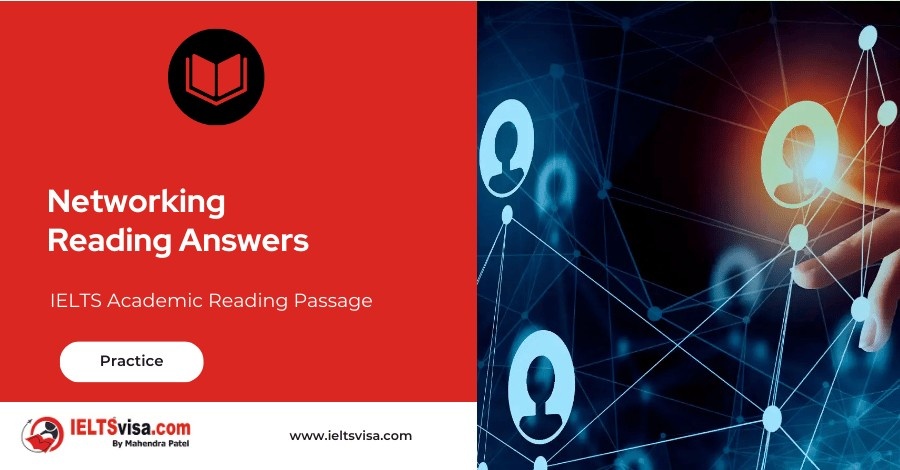
- Networking as a concept has acquired what is all truth an unjustified air of modernity. It is considered in the corporate world as an essential tool for the modern businessperson, as they trot round the globe drumming up business for themselves or a corporation. The concept is worn like a badge of distinction, and not just in the business world.
- People can be divided basically into those who keep knowledge and their contacts to themselves, and those who are prepared to share what they know and indeed their friends with others. An insecure person, for example, someone who is unable to bring people, including friends, together does not make a good networker. The classic networker is someone strong enough within themselves to connect different people including close friends with each other. For example, a businessman or an academic may meet someone likely to be a valuable contact in the future, but at the movement, the person may benefit from meeting another associate or friend.
- It takes quite a secure person to bring these people together and allow a relationship to develop independently of himself. From the non-networkers, point of view, such a development may be intolerable, especially if it is happening outside their control if he did but know it, would be the one to benefit most. And why?
- Because all things being equal, people move within circles and that person has the potential of being sucked into ever-growing spheres of new contacts. It is said that, if you know eight people, you are in touch with everyone in the world. It does not take much common sense to realize the potential for any kind of venture as one can draw on the experiences of more and more people.
- Unfortunately, making new contacts, business or otherwise, while it brings success, does cause problems. It enlarges the individual’s world. This is in truth not altogether a bad thing, but it puts more pressure on the networker through his having to maintain an ever-larger circle of people. The most convenient way out is perhaps, to cull old contacts, but this would be anathema to our networker as it would defeat the whole purpose of networking. Another problem is the reaction of friends and associates. Spreading oneself thinly gives one less time for others who were perhaps closer to one in the past. In the workplace, this can cause tension with jealous colleagues, and even with superiors who might be tempted to rein in a more successful inferior. Jealousy and envy can prove to be very detrimental if one is faced with a very insecure manager, as this person may seek to stifle someone’s career or even block it completely.
- The answer here to let one’s superiors share in the glory, to throw them a few crumbs of comfort. It is called leadership from the bottom. In the present business climate, companies and enterprises need to co-operates with each other to expand. As globalization grows apace, companies need to be able to span not just countries but continents. Whilst people may rail against this development it is for the moment here to stay. Without cooperation and contacts, specialist companies will not survive for long. Computer components, for example, need to be compatible with the various machines on the market, and to achieve this, firms need to work in conjunction with others. No business or institution can afford to be an island in today’s environment. In the not very distant past, companies could go it alone, but it is now more difficult to do so.
- The same applies in the academic world, where ideas have been jealously guarded. The opening-up of universities and colleges to the outside world in recent years has been of enormous benefit to industry and educational institutions. The stereotypical academic is one who moves in a rarefied atmosphere living a life of sometimes splendid isolation, a prisoner of their genius. This sort of person does not fit easily into the mold of the modern networker. Yet even this insular world is changing. The ivory towers are being left ever more frequently as educational experts forge links with other bodies, sometimes to stunning effect as in Silicon Valley in America and around Cambridge in England, which now has one of the most concentrated clusters of high-tech companies in Europe.
- It is the networkers, the wheeler-dealers, the movers and shakers, call them what you will, that carry the world along. The world of the Neanderthals was shaken between 35,000 and 40,000 BC, they were superseded by Homo Sapiens with the very ‘networking’ skills that separate us from other animals: understanding thought abstraction and culture, which are inextricably linked to planning survival and productivity in humans. It is said the meek will inherit the earth. But will they?
Questions 1-5
Do the following statements agree with the information given in Reading Passage 87?
In boxes 1-5 on your answer sheet, write:
- YES if the statement agrees with the writer’s claims
- NO, if the statement contradicts the writer’s claims
- NOT GIVEN if it is impossible to say what the writer thinks about this
Example Answer: Networking is a concept YES
- Networking is not a modern idea.
- Networking is worn like a badge exclusively in the business world.
- People fall into two basic categories.
- A person who shares knowledge and friends makes a better networker than one who does not.
- The classic networker is physically strong and generally in good health.
Questions 6-10
Using NO MORE THAN THREE WORDS from the passage, complete the sentence below.
6. Making new acquaintances………………..but also has its disadvantages.
7. At works, problems can be caused if the manager is ……………………
8. A manager can suppress, or even totally …………………………. the career of an employee.
9. In business today, working together is necessary for……………….. to grow.
10. Business that specialize will not last for long without ……………………..
Questions 11-15
Using NO MORE THAN THREE WORDS from the passage, complete the sentence below.
11. In which sphere of life have ideas been protected jealously? …………………………….
12. Which type of individual does not easily become a modern networker?…………………………….
13. Where is one of the greatest concentrations of high-tech companies in Europe?…………………………….
14. Who replaced the Neanderthals?…………………………
15. What as well as understanding and thought abstraction, sets us apart from other animals?…………………………..

Solution For: Networking
Reading Answers
| 1 – Yes | 9 – Companies and enterprises |
| 2 – No | 10 – Co-operation and contacts |
| 3 – Yes | 11 – Academic World |
| 4 – Yes | 12 – Stereotypical academic |
| 5 – Not Given | 13 – Cambridge (England) |
| 6 – Bring success | 14 – Homo Sapiens |
| 7 – Insecure / Jealous / Envious | 15 – Culture |
| 8 – Block |
Review and Practice
- Regularly practice with IELTS reading samples and time yourself to get used to the pressure of the exam.
- Review your mistakes to understand where you went wrong and how to avoid similar errors in the future.
Our Books
Master IELTS Speaking Part 1
IELTS Writing Task 1 Book
IELTS Writing Task 2 Book
Networking Reading Answers Explanation
Comin Soon
Practice IELTS Other Modules
IELTS Listening
The IELTS Listening test assesses how well you can understand spoken English in various contexts. It lasts about 30 minutes and is divided into four sections with a total of 40 questions. The listening tasks become increasingly difficult as the test progresses.
IELTS Academic Reading
The IELTS Academic Reading section assesses your ability to understand and interpret a variety of texts in academic settings. It is designed to evaluate a range of reading skills, including skimming for gist, reading for main ideas, reading for detail, understanding inferences, and recognizing a writer's opinions and arguments.
IELTS Speaking
The IELTS Speaking test assesses your ability to communicate in English on everyday topics. It lasts 11-14 minutes and consists of three parts: introduction, cue card, and a discussion based on the cue card topic.
IELTS General Reading
IELTS General Reading tests your ability to understand and interpret various types of texts. Here are some key areas and types of content you can expect to encounter in the reading section, along with tips for effective preparation.
IELTS Academic Writing Task 1
In IELTS Academic Writing Task 1, you are presented with a visual representation of information, such as graphs, charts, tables, or diagrams, and you are required to summarize, compare, or explain the data in your own words.
IELTS General Writing Task 1
In IELTS General Writing Task 1, you are required to write a letter based on a given situation. The letter can be formal, semi-formal, or informal, depending on the prompt. Here’s a breakdown of the key components to include in your letter
IELTS Academic Writing Task 2
In IELTS Academic Writing Task 2, you are required to write an essay in response to a question or topic. Here’s a guide to help you understand the essential elements of this task
IELTS Exam Tips
To succeed in the IELTS exam, practice regularly, familiarize yourself with the test format, improve your vocabulary, develop time management skills, and take mock tests to build confidence.
Grammer for IELTS
Grammar is the foundation of effective communication in English. Understanding tense usage, subject-verb agreement, and sentence structure enhances clarity and coherence in writing and speaking.
Vocabulary for IELTS
Vocabulary plays a crucial role in the IELTS (International English Language Testing System) exam, especially in the Speaking and Writing sections. Here’s an overview of why vocabulary is important and how it impacts your performance
RECENT IELTS SAMPLES QUESTIONS AND ANSWERS
Walking with dinosaurs
Peter L. Falkingham and his colleagues at Manchester University are developing techniques that...
Money as the Unit of Amount Reading Answers
The most difficult aspect of money to understand is its function as a unit of account. In...
WEATHERING IN THE DESERT
In the deserts, as elsewhere, rocks at the earth's surface are changed by weathering, which...
Nature on Display in American Zoos
The first zoo in the United States opened in Philadelphia in 1874, followed by the Cincinnati...
Can We Prevent the Poles From Melting
Such is our dependence on fossil fuels, and such is the volume of carbon dioxide we have...
Air conditioning the earth reading answers
The circulation of air in the atmosphere is activated by convection, the transference of heat...

